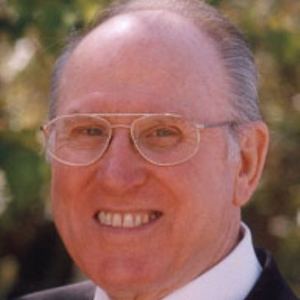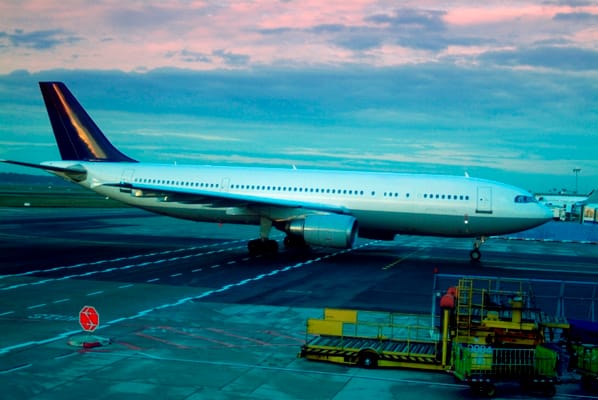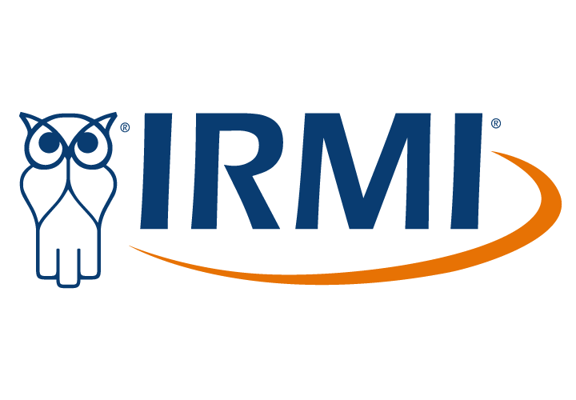Vernon Leslie Grose
Chairman
Dr. Grose writes on risk management for IRMI.com.
Described in Business Week as a founding father of the application of systems methodology to managing risk, he enjoys worldwide recognition as an authority in that field. His interdisciplinary perspective on the subject is based on over 50 years of personal involvement, having served as an executive in three major corporations, university professor in Europe as well as the United States, and consultant to such firms as AT&T, EXXON, and IBM.
Holding a bachelor of science degree in physics, master of science degree in systems management, and honorary doctor of science degree, he was a member of the Applied Physics Staff at The Boeing Company, where he performed the first Boeing tests that combined three dynamic environments simultaneously and wrote the development test program for the Minuteman intercontinental ballistic missile.
He originated the widely adopted SMART (Systems Methodology Applied to Risk Termination) technique for managing every type of risk—legal, political, social, economic, and technological—which was successfully utilized to combat terrorism at the 1984 Olympics in Los Angeles.
Dr. Grose was affiliated with Litton Industries as director of reliability as well as program manager for Project SPARR, an Air Force program of basic and applied research on space system problems. Afterward, he joined Northrop Ventura as director of applied technology, responsible for all engineering test activities and the disciplines of chemistry, metallurgy, reliability, configuration management, and value engineering on the earth landing systems for NASA Projects Mercury, Gemini, and Apollo. As chief of reliability at Rocketdyne, a division of Rockwell Corporation, he continued his involvement in the Gemini and Apollo Programs.
Dr. Wernher von Braun appointed him to the NASA Safety Advisory Group for Space Flight in 1969. Three appointments by the National Academy of Sciences have involved his systems management background: Panel on Human Error in Merchant Marine Safety; Committee on Research Needs to Reduce Maritime Collisions, Rammings, and Groundings; and Panel on Causes and Prevention of Grain Elevator Explosions.
From 1966 to 1982, he was vice president of Tustin Institute of Technology in Santa Barbara, California, responsible for all management curricula and system technology studies. During that period, the People's Republic of China invited Dr. Grose to address their Academy of Sciences in Beijing on the systematic management of risk.
President Reagan appointed him to both the National Transportation Safety Board (NTSB) and the National Highway Safety Advisory Commission. His appointment to the NTSB was based on his extensive participation in all transportation modes. As a board member, Dr. Grose headed the NTSB "Go-Team" investigation of major accidents.
The White House assigned him for 1 year as associate administrator for research and development at the Environmental Protection Agency to implement systematic management of risk. On another White House assignment as expert consultant to the NASA Chief Engineer, he pioneered a model for commercial enterprise in space. In 1997, Vice President Gore solicited his expertise for the White House Commission on Aviation Safety and Security.
Dr. Grose’s 2006 book, Science but Not Scientists: How Everything Began—Chance or Creation?, recounts his central role in winning a significant victory for scientific objectivity that has been perverted ever since the Scopes Trial of 1925. Reviewers of his best-selling Prentice Hall book, Managing Risk: Systematic Loss Prevention for Executives, called it "the most influential book on the subject in this decade." Widely used in universities, it is now in its third printing. In 2012, he published Purpose in a Random World: Have You Ever Wondered Why? His professional papers have been published internationally in over 60 journals and periodicals.
A featured guest on the Today Show, Good Morning America, Prime Time Live, CBS Newswatch, ABC 20/20, BBC-London, O'Reilly Factor, and many other television programs, Dr. Grose has given over 100 interviews on CNN as their risk and aviation analyst. He gave over 170 interviews on the 1996 explosion of TWA Flight 800. Dr. Grose is a FOX News contributor and was being interviewed just as UAL 175 impacted the World Trade Center Tower 2 on September 11, 2001. His viewpoints have been published in such periodicals as Time, USA Today, US News & World Report, Chicago Tribune, Los Angeles Times, The Washington Post, and Christian Science Monitor. He delivered the 2005 keynote address at NASA Marshall Space Flight Center’s Safety Day.
Dr. Grose’s biography appears in Liftoff by James C. Hefley, which describes the personal faith of astronauts and space scientists. He is listed in Who’s Who in the West, Dictionary of International Biography, Men of Achievement 1973, International Who’s Who of Intellectuals, and Who’s Who in the World.





